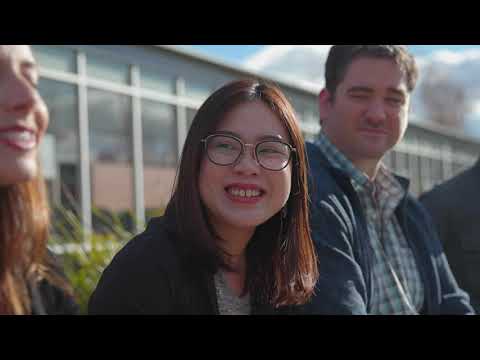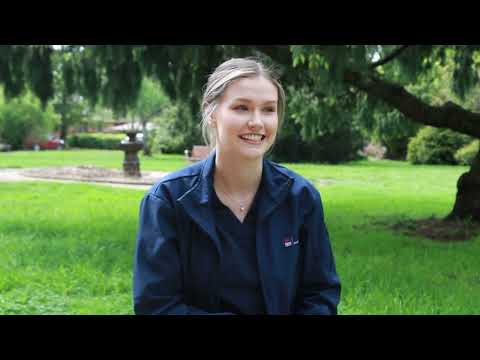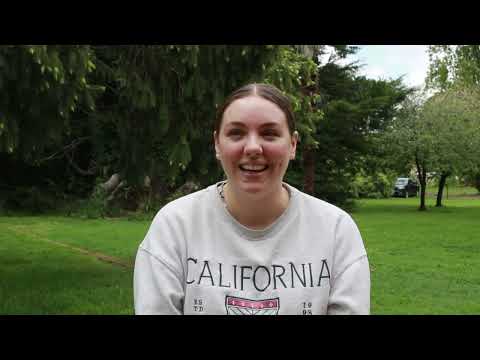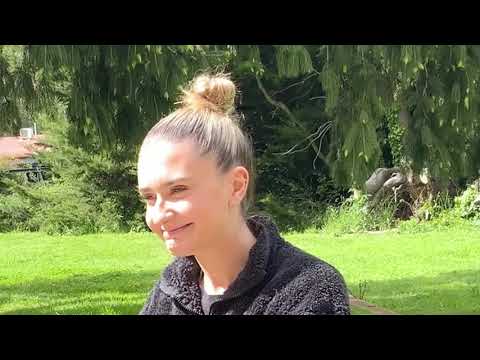Why work in Western NSW
We offer the largest rural mental health campus in the southern hemisphere and a deliver a wide range of unique models of care to our regional community. You'll learn new skills, gain valuable experience and be part of embedding new ways of delivering care. Take your career to the next level with us.
Our service is a hub, spoke and node model, providing a full range of inpatient and community services.
A great place to live and work
Our region is so diverse, there's something for everyone. You can create a lifestyle where you live your best life, focusing on the things that really matter to you.
Learn about the Western NSW region and unique lifestyle.

Career opportunities in MHDA
Our teams and partners work together to deliver a broad range of mental health, drug and alcohol services to meet the needs of our community, providing excellent career opportunities for MHDA health professionals.
In our District, there are:
- 72 acute inpatient beds
- 8 statewide mental health intensive care beds
- 10 child and adolescent beds with a supra district function
- 42 adult beds
- 12 older person’s beds.
Non-acute psychiatric rehabilitation beds total 64, with a:
- 20 bed medium secure unit
- 2 x 16 bed secure rehabilitation units (one male and one female)
- 12 bed adult extended-care unit.
There is 20 bed medium secure forensic unit operated in partnership with the Justice Health and Forensic Mental Health Network.
A statewide, 8 bed involuntary drug and alcohol rehabilitation unit also operates on our Bloomfield campus and is one of two such units in NSW.
Mental Health Emergency Care (MHEC) is a specialist 24 hour, 7 day per week, virtual mental health service covering 55% of NSW across rural and remote communities.
MHEC has acute, emergency, phone and video contacts available to all, including:
- patients
- families
- carers
- Emergency Departments (ED)
- General Practitioners (GPs)
- Community Mental Health Teams (CMHT)
- Aboriginal Medical Services (AMS) and
- Non-Government Organizations (NGOs).
MHEC also provides mental health education, clinical supervision within CMHT’s and psychiatric trainees and both general and sub specialist consultant community video clinics to several CMHT’s in Western NSW as well as the AMS.
This service also incorporates the NSW Mental Health Line – 1800 011 511.
Our mental health teams link with hospital services (general inpatient and emergency departments) to provide consultation and improve continuity of care across settings.
Services provided include:
- outreach psychiatric assessment and review
- case management and continuing care
- acute response to crisis and consultation to emergency departments and GPs.
Dedicated mental health drug and alcohol consultation and liaison services are provided within Orange, Bathurst and Dubbo Health Services.
- Perinatal and Infant Mental Health Staff Services
- Eating disorders
- SAFE START: improving mental health for parents and infants
- Getting on Track in Time – Got It! – school based early intervention program
- School-Link
- Cognitive Remediation Therapy For People With Schizophrenia – Computerised
- Interactive Remediation of Cognitive – Train for Schizophrenia (CIRCuiTs)
- Youth Day Program (Pine Lodge)
- Drought support workers
- Pathways to Community Living Initiative
- Community Forensic Mental Health Service
- Intellectual disability clinics for adult and adolescent
- Rural Adversity Mental Health Program
- Aboriginal Mental Health Drug and Alcohol program
- Family and carer programs
- Peer workers
- Mental Health Pathways in Practice
MHDA facilities in our District
- Child and Adolescent Mental Health Service (CAMHS)– 10 bed unit.
- Adult Acute Unit – 16 bed unit. Average length of stay being 12 days.
- Mental Health Intensive Care Unit – 8 bed involuntary short term inpatient treatment. Average stay is 2 to 10 days.
- Involuntary Drug and Alcohol Treatment Unit (IDAT) – 8 beds / 28 day admission.
- Older Persons Acute Unit – 12 bed unit.
- Amaroo – 16 bed sub-acute unit.
- Extended Care Unit – 12 bed long stay unit. Average stay is 2 – 7 years.
- Macquarie – 20 bed male forensic unit. Average length of stay is 2 – 5 years.
- Manara Clinic – 16 bed statewide male medium secure rehabilitation unit. Average length of stay is 4 months.
- Turon House – 16 bed female medium secure rehabilitation unit.
- Castlereagh – 20 bed, medium secure, long term rehabilitation unit.
- Gundaymarra (place of shelter) – 10 bed Adult Acute unit.
- Barraminya (recovery) – 10 bed sub-acute step up unit.
Panorama Clinic – 10 bed sub-acute step up unit.
Contact Western NSW LHD Recruitment
Express your interest in working in Western NSW.
MHDA GradStart program
We run an innovative new grad program in Bathurst, Orange and Dubbo for nurses considering a career in Mental Health Drug and Alcohol (MHDA).
The WNSWLHD MHDA program is the only program that combines Community Mental Health and Drug and Alcohol training as part of the new graduate experience. We have designed a contemporary, evidenced based, theory and practical program to ready graduates to be an effective clinician in the MHDA space. To achieve this we offer significantly more professional development hours than any other new grad program.
Our partnership with Notre Dame University Australia means on completion of the new grad program you will have qualified for a Certificate in Mental Health Nursing.
The new graduate program has three main rotations. During these rotations you will get time in a Community Mental Health Drug and Alcohol team. One of the rotations will be supernumerary to give you a focused learning experience that we would not otherwise be able to provide.
Every fortnight you will engage in 'protected' structured professional development (PD) time. This PD has been designed to cement previous learning and current learning with the university of Notre Dame Australia. Some of our professional development will be challenging at times, but we have made allowances and develop supports to ensure that you can thrive.
See more on GradStart .
Incentives to join
In certain roles and locations in our MHDA team you can qualify for
- $5,000 – $10,000 sign-on and annual retention bonus (amount depends on position and location).
- Relocation and accommodation assistance.
- Additional leave for professional development.
Find out about our incentives program.
Search careers
Explore our current mental health, drug and alcohol vacancies in Western NSW.




